1. Advantages
- Lightweight and weight-resistant
As a chemical product, synthetic resin tiles are light in weight, which is not only easy to install, but also can effectively reduce the load-bearing burden of buildings. Although they are light and thin, they have excellent compression and impact resistance, and are not easy to crack even if they are hit hard.
- Fireproof and corrosion-resistant
The fireproof grade of synthetic resin tiles reaches B1, which meets the national fire safety standards for roofing materials. At the same time, it has excellent corrosion resistance, can withstand the influence of sun, rain and seasonal changes, and is not easy to age.
- Good heat and sound insulation performance
Synthetic resin tiles have good heat and sound insulation effects, can effectively block external noise, and reduce the impact of climate change on the indoor environment, thereby providing residents with a more comfortable living experience.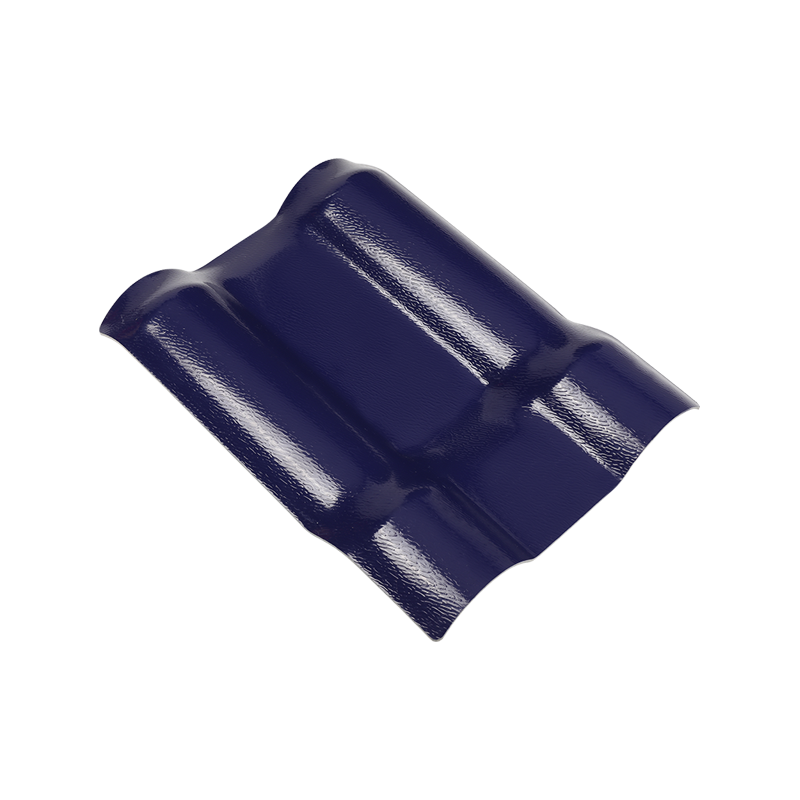
2. Disadvantages
- Limited high temperature resistance
The maximum tolerance temperature of synthetic resin tiles is 70 degrees Celsius, exceeding this temperature may cause the tiles to deform.
- Poor waterproofness
Due to certain defects in product design, synthetic resin tiles are prone to rainwater retention problems when encountering heavy rain. Long-term accumulation may have adverse effects on the structure and service life of the house.



 English
English Español
Español عربى
عربى


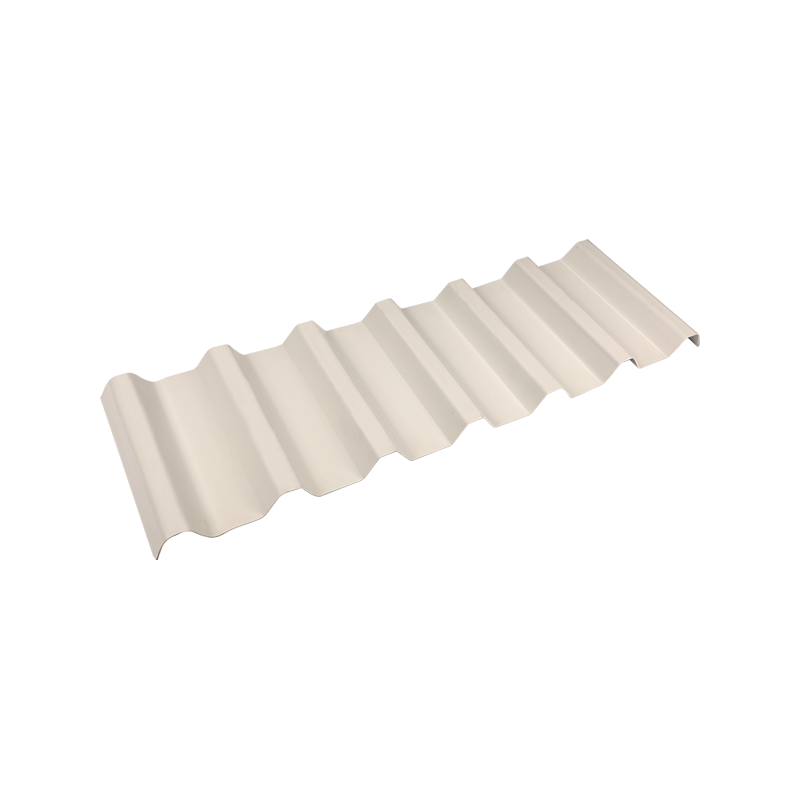
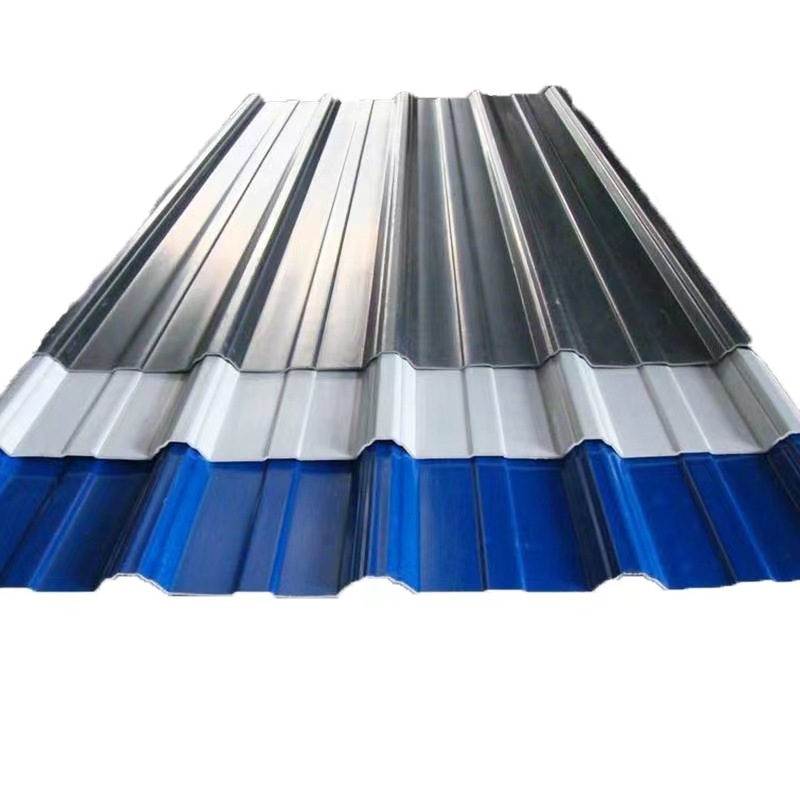
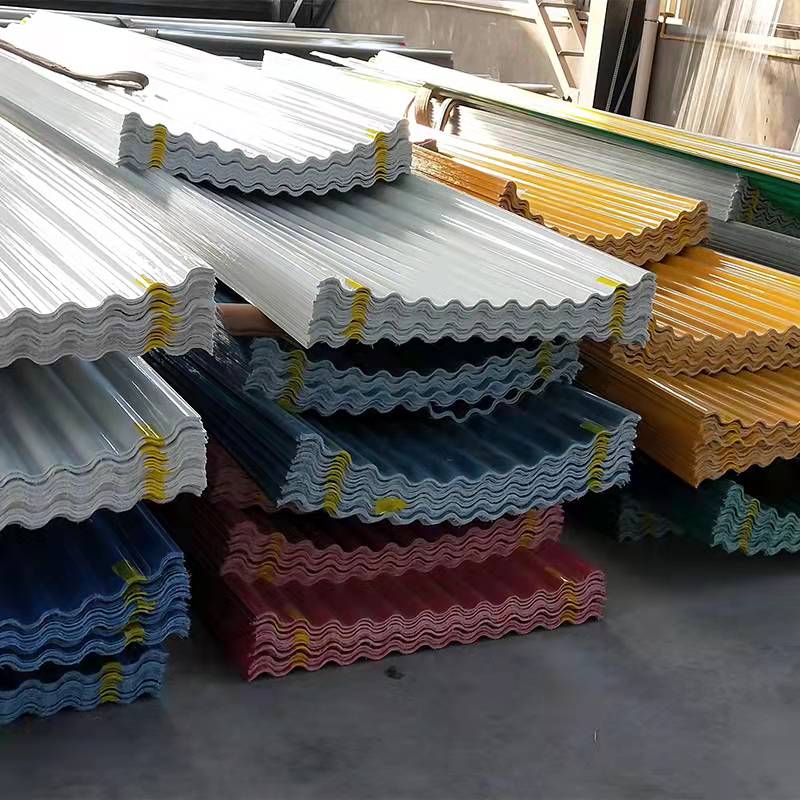
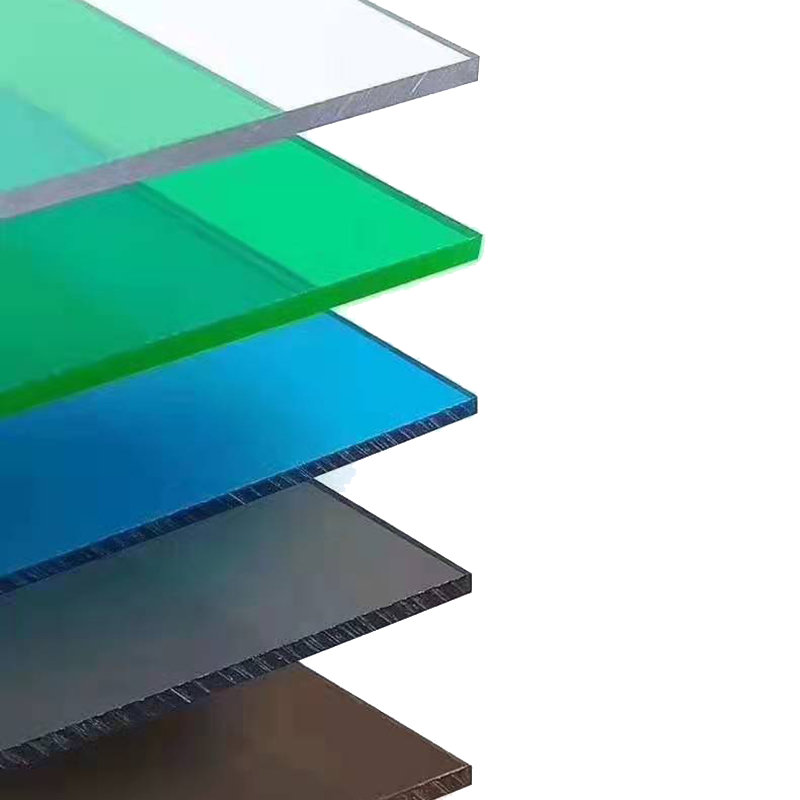
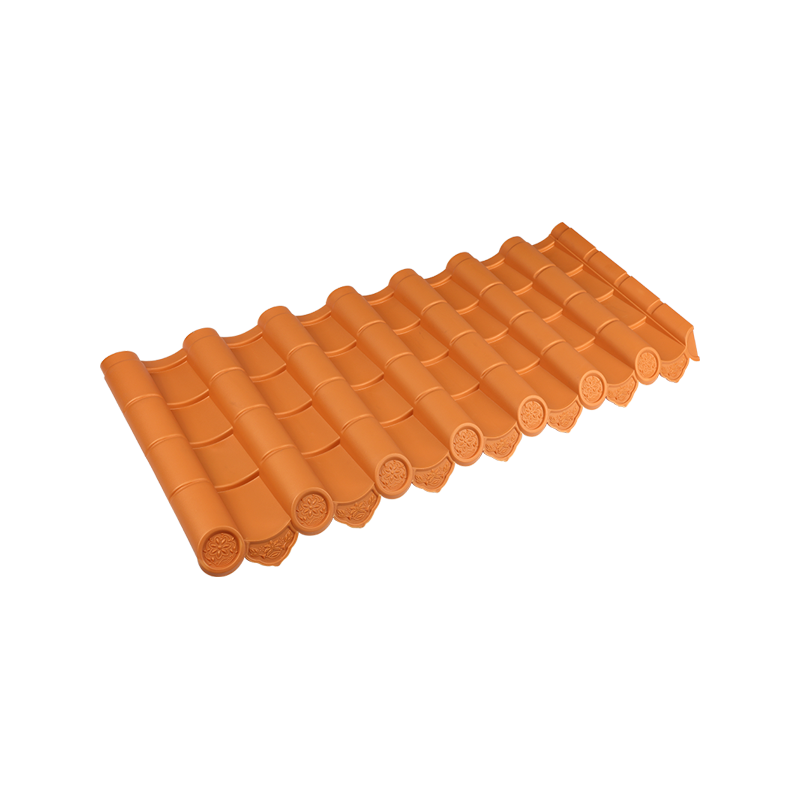
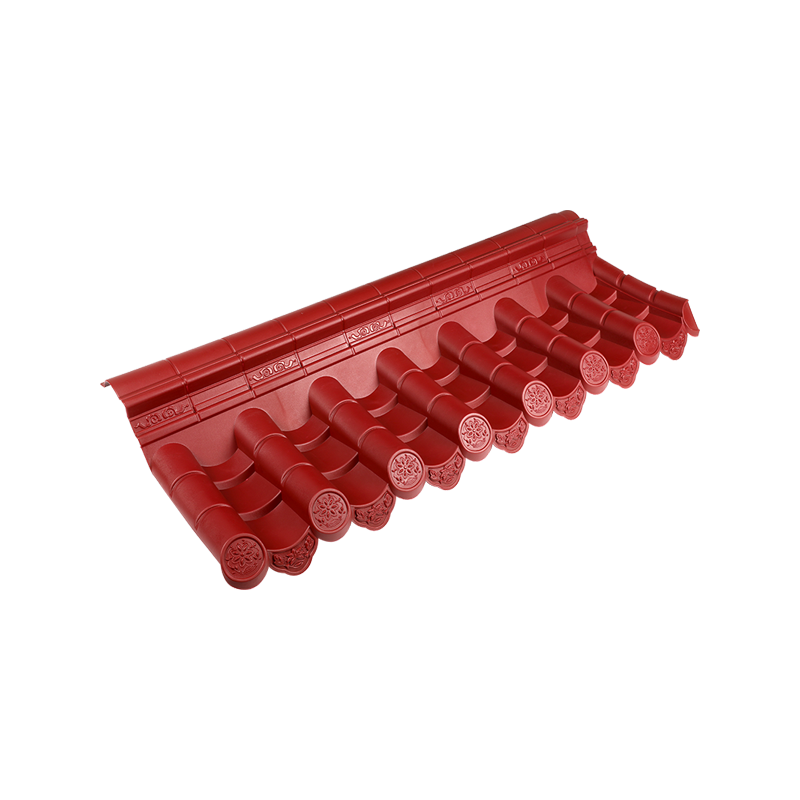


 Email:
Email: Phone:
Phone: Adress:
Adress: